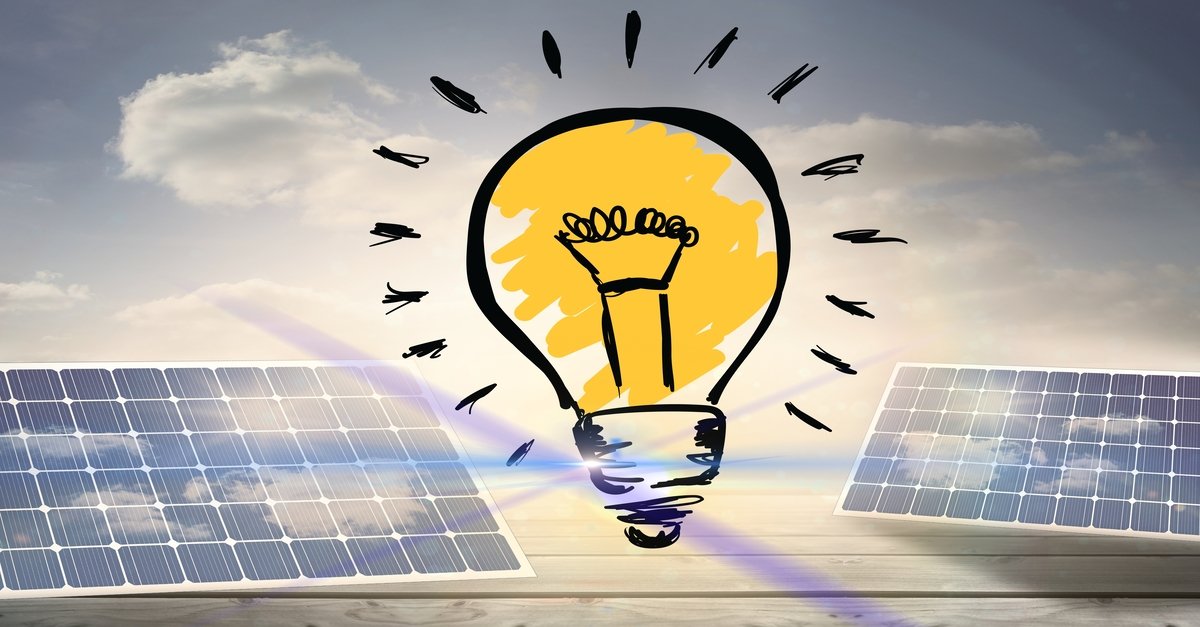A constant, renewable flow of photons is directed toward Earth from the sun, our most efficient and accessible energy source. Utilizing solar panels to capture the energy of these photons has emerged as a critical component of the green energy revolution. However, how effective are solar panels made today, and how may their production be maximized? This guide will explain the physics underlying solar panel efficiency and thoroughly analyse the best practices for photovoltaic system efficiency.
What is Solar Panel Efficiency?
The ability of a solar panel to convert solar energy into electrical power is measured by its efficiency. It is a crucial component in calculating the efficiency of a solar panel and, eventually, its return on investment. It is commonly expressed as a percentage. Enhancing panel efficiency is a top priority for producers and researchers since higher-efficiency panels gather more energy and transform more of that energy into valuable electricity.
The Most Efficient Solar Panels in 2024
Every year, the solar sector continues to push forward efficiency. Considering models from Sun Power, LG, REC Group, and Canadian Solar all pushing efficiency levels above 20% and some laboratory prototypes surpassing an astounding 30%, these companies are the front-runners for the most efficient solar panel manufacturers in 2024.
For individuals and businesses, striking the correct balance between solar panel efficiency and cost is essential. Although buying the most energy-efficient panels available may be alluring, the upfront costs should be balanced against expected energy savings during the panels’ lifespan.
Brand |
Model |
Efficiency |
Average Cost* |
| 1. Sun Power | M series SPR-M440-H-AC 440 W | 22.80% | $24,413.54 |
| 2. REC Group | Alpha Pure-R 430 W | 22.30% | $19,728.15 |
| 3. Panasonic | EverVolt HK Black Series 410 W | 22.20% | $22,145.92 |
| 4. Maxeon Solar Technologies | Maxeon 3 BLK-R 420 W | 22.20% | $21,813.97 |
| 5. Jinko Solar | Tiger Neo N-type 54HL4R-B 440 W | 22.02% | $17,875.14 |
| 6. Silfab Solar | SIL – 420 BG 420 W | 22% | $20,261.20 |
Factors Affecting Solar Panel Efficiency
The following elements affect a solar panel’s efficiency:
-
Panel Design
The effectiveness of a solar panel is mainly determined by its design. Several variables are involved, including the number and size of cells, the configuration of conductive routes, and the mounting configuration.
-
Solar Panel Inclination
Your solar panels must be oriented and at the right angle concerning the sun. Efficiency gains from a tilt that closely matches your location’s latitude can be as much as 30% compared to flat mounting.
-
Solar Panel Materials
The panel’s efficiency can be significantly impacted by the type of material utilized in its fabrication. Compared to monocrystalline silicon and polycrystalline and thin-film technologies, the former usually delivers the highest efficiency values.
-
Temperature
Ironically, solar panels’ electronic components may lose some efficiency due to heat from direct sunshine. Maintaining the panels’ operational temperatures can be aided by ensuring adequate ventilation and even air movement surrounding them.
-
Solar Cell Reflection
Less light can be converted into power when more light is reflected off a solar cell. Textured glass and creative anti-reflection coatings are essential for reducing this loss.
-
Solar Cell Wavelength/Frequency
The sun emits a variety of frequency photons. A solar cell’s overall efficiency increases with the smaller the band of frequencies it can convert.
-
Wiring and Busing
Resistance in a solar panel’s wiring and busing can result in energy loss. Longer, thicker conductors have more efficiency.
-
Inverter Efficiency
Direct current (DC) from the panels is changed into alternating current (AC) by the inverter for use in your house. Increased efficiency inverters guarantee that your appliances receive the most energy possible.
-
Shade
The effectiveness of a solar panel can be significantly decreased by shading from trees, buildings, dust, and debris. To reduce losses caused by shadow, cleaning frequently and arranging strategically is essential.
-
Positioning and Angle of Solar Panels
Solar panels absorb the most energy if positioned and tilted correctly toward the sun. Solar trackers can automatically alter the panel angles throughout the day to improve efficiency.
-
Climate
Since solar panels work best in direct sunshine, it is essential to consider both their position and the local climate. Better efficiency is fostered in areas with more continuous, year-round bright weather.
Conclusion
Investing in a renewable energy system requires an understanding of and ability to manage the efficiency of solar panels. There are several ways to maximize efficiency and ensure you get the most out of your solar investment, from choosing the correct panel to careful installation, routine maintenance, and weather considerations.
The technology underlying solar panels is constantly changing as new designs, materials, and production techniques are created. Future energy conversion rates should be considerably higher, making solar energy a more attractive choice for both large-scale utilities and private customers.
